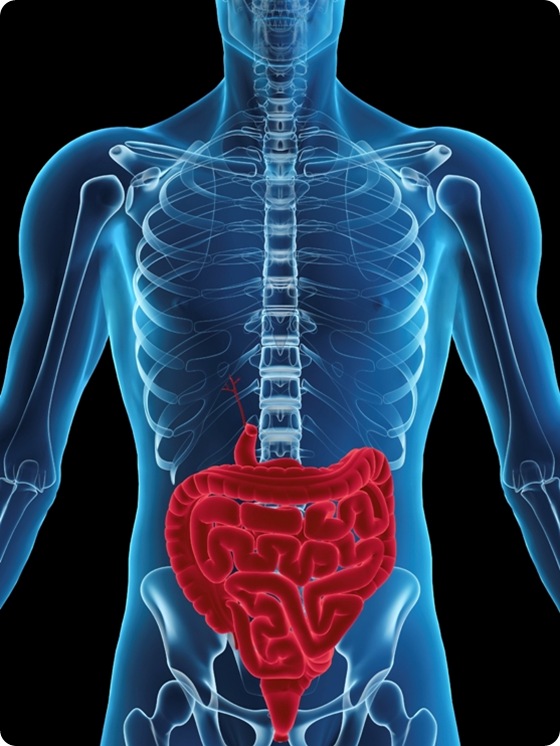Jun 4 2009
Australian researchers have developed gene expression biomarkers which can accurately discriminate pre-cancerous and cancerous colorectal growths from non-cancerous controls.
Being presented today at the Digestive Disease Week conference in Chicago, the preliminary findings are the result of a collaborative study - involving CSIRO, Flinders University and Australian healthcare company, Clinical Genomics Pty Ltd - designed to develop an improved screening/diagnostic test for detecting bowel cancer and significant pre-cancer lesions.
"If we can now show that the levels of these biomarkers in blood or stool also correlate strongly with disease state in a large group of patients with cancer or pre-cancer lesions (ie adenomatous polyps) we may have the basis for a very important new diagnostic weapon in the fight against bowel cancer," says CSIRO's Preventative Health National Research Flagship Theme Leader in Colorectal Cancer and Gut Health, Dr Trevor Lockett.
According to Professor Graeme Young from Flinders University's Centre for Cancer Prevention and Control, regular screening for bowel cancer in people aged 50 years and over is a powerful tool for reducing the impact of the disease in Australia.
"If we can develop a screening test that can point to the presence of clinically important pre-cancerous adenomas which are then removed during follow-up colonoscopy, we will actually be able to prevent the occurrence of bowel cancer in some cases," Professor Young says.
The CEO of Clinical Genomics Pty Ltd, Lawrence La Pointe, says if a more robust screening test for bowel cancer and especially pre-cancer lesions emerges, the research team will have achieved a major advance likely to further improve screening outcomes and more precisely identify those people most likely to benefit from colonoscopic investigation.
Digestive Diseases Week is the world's largest gathering of physicians and researchers in the fields of gastroenterology, hepatology, endoscopy and gastrointestinal surgery.